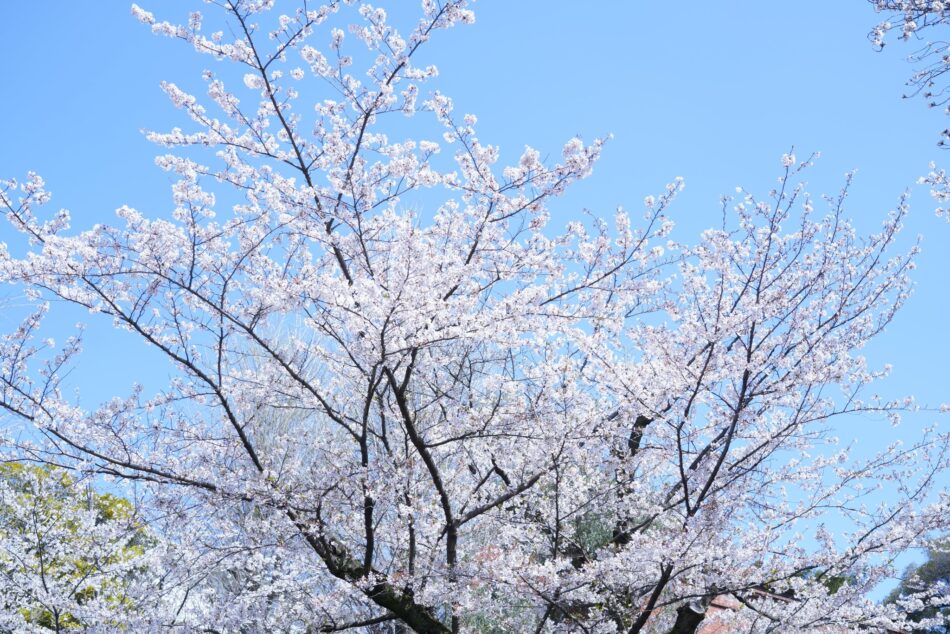I am honored to be appointed as the Dean of the Graduate School of Global Arts (GA), Tokyo University of the Arts on April 1 2025. Here is the message for GA webpage.
Message from the Dean:
It has been nine years since the establishment of the MA Program at the Graduate School of Global Arts (GA) in 2016, marking its 10th anniversary this year. Under the leadership of Professor Sumiko Kumakura, who played a pivotal role in its inception and served as the Dean of GA until March 2025, the program has attracted a diverse and unique cohort of students from Japan and around the world. Over the years, GA has produced specialists across various fields, including art, culture, media, and education, with expertise in arts management, curating, and academic research.
Since the introduction of the PhD program in 2018, we have fostered even more highly specialized professionals who contribute to the global landscape as researchers and practitioners, shaping the next generation of artistic and cultural discourse.
Beyond education, GA has made significant strides in practical research projects. These include global art and cultural initiatives, community-based art projects, and theoretical research that responds to the evolving landscape of contemporary society.
However, as we move further into the 21st century, it is undeniable that the world is undergoing profound transformations.
When the Graduate School of Global Arts was established in 2016, its name carried an optimistic vision—reflecting the aspirations of a new era of globalization that followed the end of the Cold War, marked by the fall of the Berlin Wall in 1989. This period was characterized by expectations of increased transnational exchange—of people, goods, capital, culture, and art. Advances in digital media technologies, such as the Internet, and the expansion of global transportation networks were anticipated to facilitate the emergence of a dynamic global culture and a flourishing arts movement.
Yet, the optimism of that era has begun to wane. The very technological advancements that were once heralded as unifying forces have become sources of division. The Internet, governed by unrelenting capitalist structures, has given rise to misinformation, fake news, and hate speech. The COVID-19 pandemic exposed the vulnerabilities and unintended consequences of globalization. Furthermore, escalating geopolitical conflicts, such as those in Ukraine and Palestine, the proliferation of authoritarian regimes, chauvinistic nationalism, racism, fundamentalism, sexism, economic disparity, and the worsening environmental crisis all pose significant challenges to the fabric of contemporary democracy.
Arts and culture are not immune to these global upheavals. Now, more than ever, it is imperative to critically assess the trajectory of globalization and reimagine a new, more inclusive and conscientious vision for “Global Arts.” Art must take an active role in addressing the pressing crises of our time. Rather than being a passive bystander, it carries the potential to confront and respond to a multitude of social challenges.
What, then, will the future of art look like?
The answer is not yet clear, but it will likely manifest as an interdisciplinary aesthetic practice—one that assumes the intellectual role historically played by the humanities, including philosophy, history, and literature. This new form of artistic engagement will integrate visual, auditory, experiential aspects, and investigative methodologies, transcending conventional definitions of art and culture.
As we embark on this journey of exploration, we invite individuals from all walks of life to join us in dialogue, collaboration, and transformation. Through culture and the arts, we aspire to navigate and shape this evolving world together.
Yoshitaka Mōri
Dean, Graduate School of Global Arts
Tokyo University of the Arts
April 1, 2025
ごあいさつ
大学院国際芸術創造研究科(GA)の修士課程が2016年に設立されてから9年が経ちました。今年で設立10年目を迎えます。設立にあたって中心的な役割を果たされた熊倉純子先生が2025年3月まで研究科長を務めたGAには、国内外から個性的な学生が集まり、アート・マネジメント、キュレーション、そして、リサーチのそれぞれの領域で、芸術や文化、メディアや教育に関わる人材を輩出してきました。2018年に博士課程を設置してからは、さらに専門性の高い人材を育成し、次世代を担う研究者、実践者として国内外で活躍しています。
また教育だけではなく、グローバル化するアートや文化の実践的なプロジェクト、地域に根ざしたアート・プロジェクト、そして新しい時代に対応した理論研究や調査など実践的な研究プロジェクトも大きな成果を挙げてきました。
その一方で21世紀が始まってから四半世紀が経ち、私たちの世界の状況は大きく変わりつつあります。
2016年設立当初には、研究科の名前である「global arts」という言葉は、一定の批判はあったものの、全体としては肯定的で楽観的なconnotationを含んでいました。それは、1989年のベルリンの壁の崩壊をきっかけとした東西冷戦構造の崩壊後の新しいグローバリゼーションの時代の到来に対応していたのです。そこでは国境を超えたトランスナショナルな人、モノ、カネ、あるいは文化や芸術の移動が加速度的な進む新しい未来が期待されていました。インターネットを代表されるデジタル・メディア・テクノロジーの発達とグローバルな交通網の整備は、新しいグローバルな文化—グローバルなアーツを創造すると考えられたのです。
けれども、そうした楽観的なグローバル化の時代が終焉しつつあります。インターネットは統合ではなく分裂をもたらしました。インターネットは、フェイク・ニュース、ヘイトスピーチが溢れる一方で、冷酷な資本主義の原理によって支配されているかのようです。コロナ禍は、グローバル化の副作用を自覚させるのに十分な役割を果たしました。ウクライナやパレスチナに代表される紛争や戦争の拡大、世界中で広がる権威主義国家、排外主義的な人種主義、原理主義、セクシズム、貧困問題、あるいは環境問題や自然災害の拡大は、近代的な民主主義を根幹から脅かしています。
文化や芸術もこうした動向から逃れることはできません。これまでのグローバル化を再検証し、批判的かつ実践的にもう一つのグローバル・アーツを想像することは急務です。むしろ今や積極的にこうした現在の危機に立ち向かうことがアートの役割として期待されています。アートは、さまざまな社会問題に取り組み、何らかの形で対応策を示すという重要な使命を担うようになっているのです。
未来のアートはどのようなかたちをしているのでしょうか。
それはまだはっきりとしていませんが、おそらく20世紀に哲学や歴史学、文学など人文学が果たしてきた役割を、視覚や聴覚、経験や調査などを複合的に用いて、担っていく新しい領域横断的なエステティックな実践になるでしょう。それは、私たちがこれまで文化や芸術と呼んでいた営みとはずいぶんと変わったかたちをしているかもしれません。
この新しい世界を一緒に探求し、対話を重ねながら、文化芸術を通じて変革していく仲間との出会いを私たちは楽しみにしています。
大学院国際芸術創造研究科研究科長
毛利嘉孝
2025年4月1日
